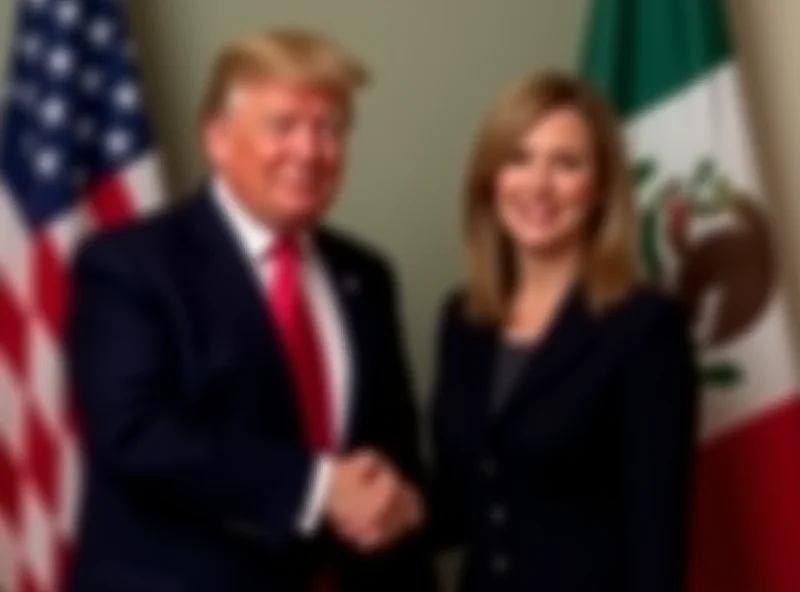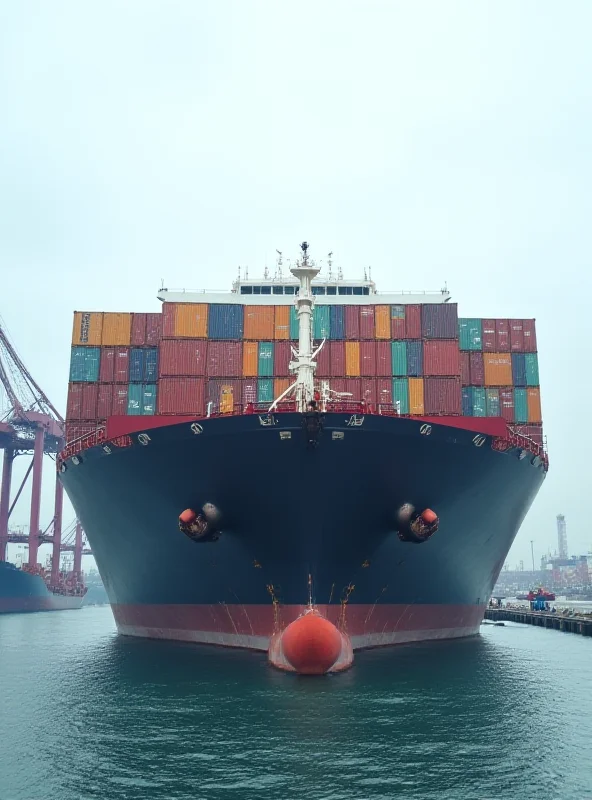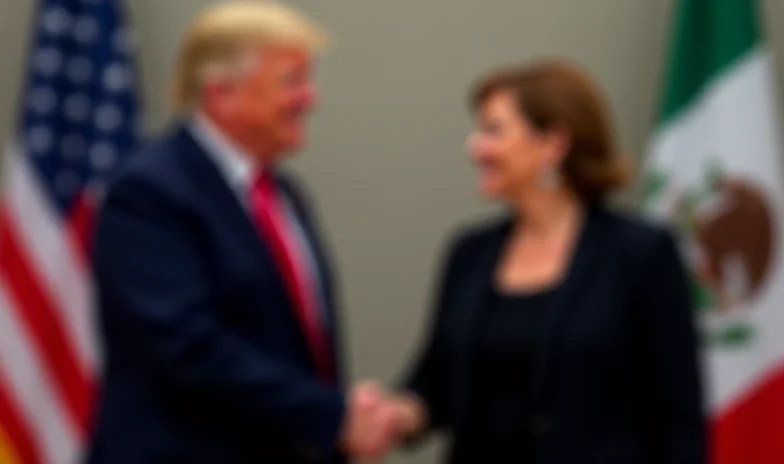Former US President Donald Trump has announced a temporary suspension of tariffs on most goods imported from Mexico until April 2. The decision follows discussions with Mexican President Claudia Sheinbaum and marks a potential turning point in trade relations between the two nations.

Easing Trade Tensions
The suspension comes after a period of heightened trade tensions, with Trump previously imposing a 25% tariff on a significant portion of goods from both Mexico and Canada. This move was part of a broader strategy aimed at pressuring Mexico to address border security and immigration issues.
“This policy shift comes as trade negotiations between the two countries are closely watched by economic analysts and political observers,” stated an Associated Press report. The current suspension is seen by many as a tactical pause, allowing for further diplomatic discussions without immediately escalating trade tensions.
The USMCA Factor
According to reports, the suspension is contingent upon the goods meeting the conditions outlined in the USMCA (United States-Mexico-Canada Agreement) free trade agreement. This suggests a focus on ensuring fair trade practices and compliance with existing agreements.

While the suspension is being viewed positively by some, it's worth noting that Trump also increased tariffs on goods from China, rising from 10% to 20%. He had also confirmed the 25% tariff on Canadian and Mexican goods effective Tuesday before this suspension.
Respect for President Sheinbaum?
Some sources suggest that the decision to suspend the tariffs was made, in part, out of respect for Mexican President Claudia Sheinbaum. This could indicate a desire to foster a more collaborative and respectful relationship between the two countries.

The suspension of tariffs until April 2 will be closely monitored by businesses and policymakers alike, as they assess the potential impact on trade flows and economic relations between the United States and Mexico.
The coming weeks will be crucial in determining whether this temporary reprieve leads to a more lasting resolution of trade disputes and a stronger economic partnership between the two nations.
